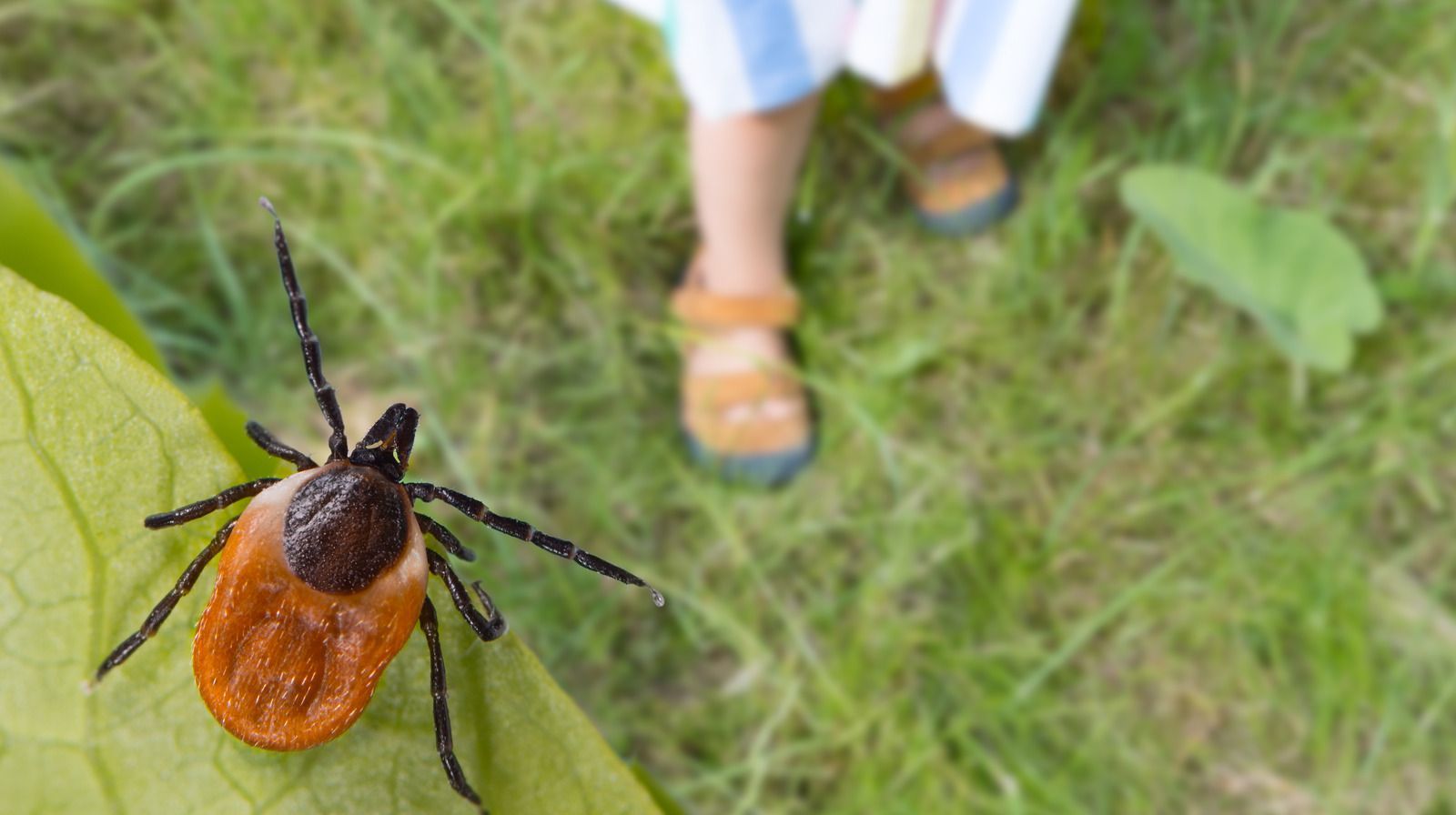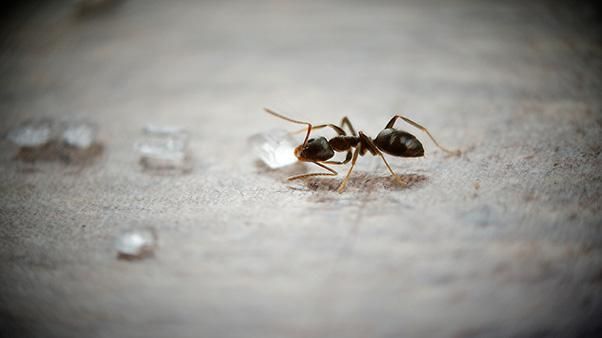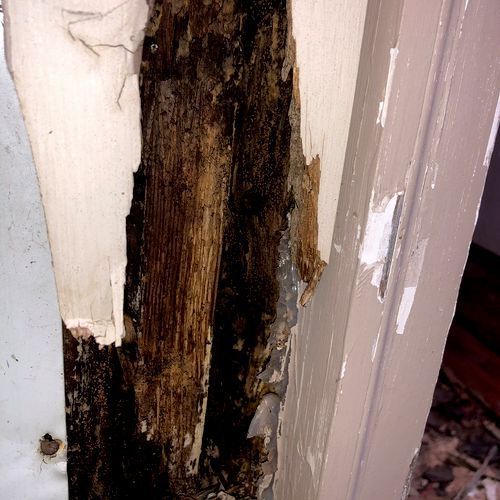Blog Layout
Effective and Eco-Friendly Ways to Treat Bees and Wasps
Brandon U • Oct 11, 2023
Bees and wasps are essential pollinators and beneficial insects, playing a crucial role in our ecosystem. However, encounters with these buzzing creatures can sometimes lead to fear and discomfort. While it's important to respect their role, there are times when their presence near homes or populated areas becomes a concern. In such cases, it's crucial to adopt safe and eco-friendly methods to treat bees and wasps. This blog post will provide you with practical tips on how to handle these situations responsibly.
- Identify the Species:
- Before taking any action, it's important to differentiate between bees and wasps. Bees are generally less aggressive and only sting when provoked, while wasps can be more territorial and aggressive. Accurate identification will help you determine the best approach for treatment.
- Prevention:
- Preventing bee and wasp nests from forming near your living spaces is key. Seal any cracks or crevices in walls, doors, and windows, as these are common entry points. Keep trash cans tightly closed and clean up spills promptly, as sugary substances attract these insects.
- Relocation:
- If you encounter a bee swarm or hive on your property, consider contacting a local beekeeper or beekeeping association. They can safely relocate the bees, ensuring their preservation and allowing them to continue their vital pollination work elsewhere.
- Natural Repellents:
- To deter bees and wasps from frequenting specific areas, try natural repellents. Planting herbs such as mint, basil, and lemongrass can help repel them. Additionally, hanging fake wasp nests can create the illusion of an occupied territory, discouraging wasps from building nests nearby.
- DIY Traps:
- For wasps, creating simple DIY traps can help control their population. One method involves cutting the top off a plastic bottle, inverting it, and filling the bottom with a sweet liquid or fruit juice. The wasps will be attracted to the scent, enter the trap, and struggle to escape.
- Professional Assistance:
- If you're dealing with a large nest or an aggressive species, it's advisable to seek professional assistance. Pest control experts trained in the safe and humane removal of bees and wasps will ensure the job is done efficiently and with minimal harm to the insects.
When it comes to treating bees and wasps, it's crucial to strike a balance between managing potential risks and preserving the important ecological role these insects play. By following the aforementioned eco-friendly methods, you can mitigate conflicts with bees and wasps while promoting their conservation. Remember, coexistence with these insects is not only possible but also vital for the well-being of our planet.

By Brandon U
•
11 Oct, 2023
Ticks, those tiny bloodsucking arachnids, are not only an annoyance but also potential carriers of diseases. With their prevalence in many regions, it's crucial to implement effective tick treatment strategies to protect ourselves, our loved ones, and our pets. In this blog, we will explore some tried-and-tested methods for dealing with ticks and reducing the risks associated with their presence.

By Brandon U
•
11 Oct, 2023
Fleas are pesky parasites that can infest our homes and pets, causing discomfort and potential health issues. If you're dealing with a flea problem, it's essential to take immediate action to eradicate them. In this blog post, we'll explore effective methods for treating fleas and regaining control over your environment.

By Brandon Usrey
•
13 May, 2023
Summertime!!! Yas! Mosquitoes?! NOOO!!! CLICK HERE FOR AVAILABLE PRODUCTS! Yes, it is time for the mosquitoes to come out and play. And by play, I mean suck your blood. Now the problem with this scenario boys and girls, is that mosquitoes can ingest dangerous pathogens and then transfer those to us. I think we can agree that that is not good for any of us here in the Dallas-Fort Worth Metroplex. Because mosquitoes are attracted to the carbon dioxide we give off, being outside, especially at dusk or dawn, means you are bound to encounter these nuisances. With a range of 300 feet to 3 miles, depending on the species, mosquitoes can effectively populate a large area. They can breed in almost any standing water. When it rains, that can include bird baths, old tires, clogged gutters, and even that bottle cap left outside after a Saturday night barbecue. In a two week period, just a single female mosquito can lay anywhere from 50 to 500 eggs per brood and have as many as 10 broods in a lifetime. Exponentially, you can see how quickly things can get out of hand. If you are having issues inside your home, the first step to eliminating mosquitoes is exclusion. Exclusion means making sure you have addressed any area of your home that is exposed to the outdoors. A tear in a window screen or a missing piece of weather stripping on your back door, can allow for these pests and others to enter your home. The next step is effectively removing any standing water around your home. If your issue remains, then using a liquid treatment is advised. These liquid treatments can be in the form of organics, such as peppermint oil, or pesticides, such as insect growth regulator. Mosquitoes tend to hide on the bottom side of any leafy vegetation, so it is best to make sure you treat these areas thoroughly. If you have a heavy infestation, it may be best to consult a pest control professional. Dynatrap is our go to insect light. Click the link below for a variety of designs. Should you have any questions regarding service or treatment, feel free to reach out on the Next Level Pest Services contact page. Have a happy summer! CLICK HERE FOR AVAILABLE PRODUCTS!
Service Areas
- Tarrant County, TX
- Bedford, TX
- Watauga, TX
- Grapevine, TX
- North Richland Hills, TX
- Haltom City, TX
- Hurst, TX
- Euless, TX
- Roanoke, TX
- Westlake, TX
- Keller, TX
- Lake Worth, TX
- River Oaks, TX
- Forest Hill, TX
- Fort Worth, TX
- Saginaw, TX
- Arlington, TX
- Benbrook, TX
- White Settlement, TX
- Haslet, TX
- Aledo, TX
Inquire
Thank you for contacting us.
We will get back to you as soon as possible.
Oops, there was an error sending your message.
Please try again later.
Please try again later.
Next Level Pest Service
Our Services
© 2024
Next Level Pest Service





